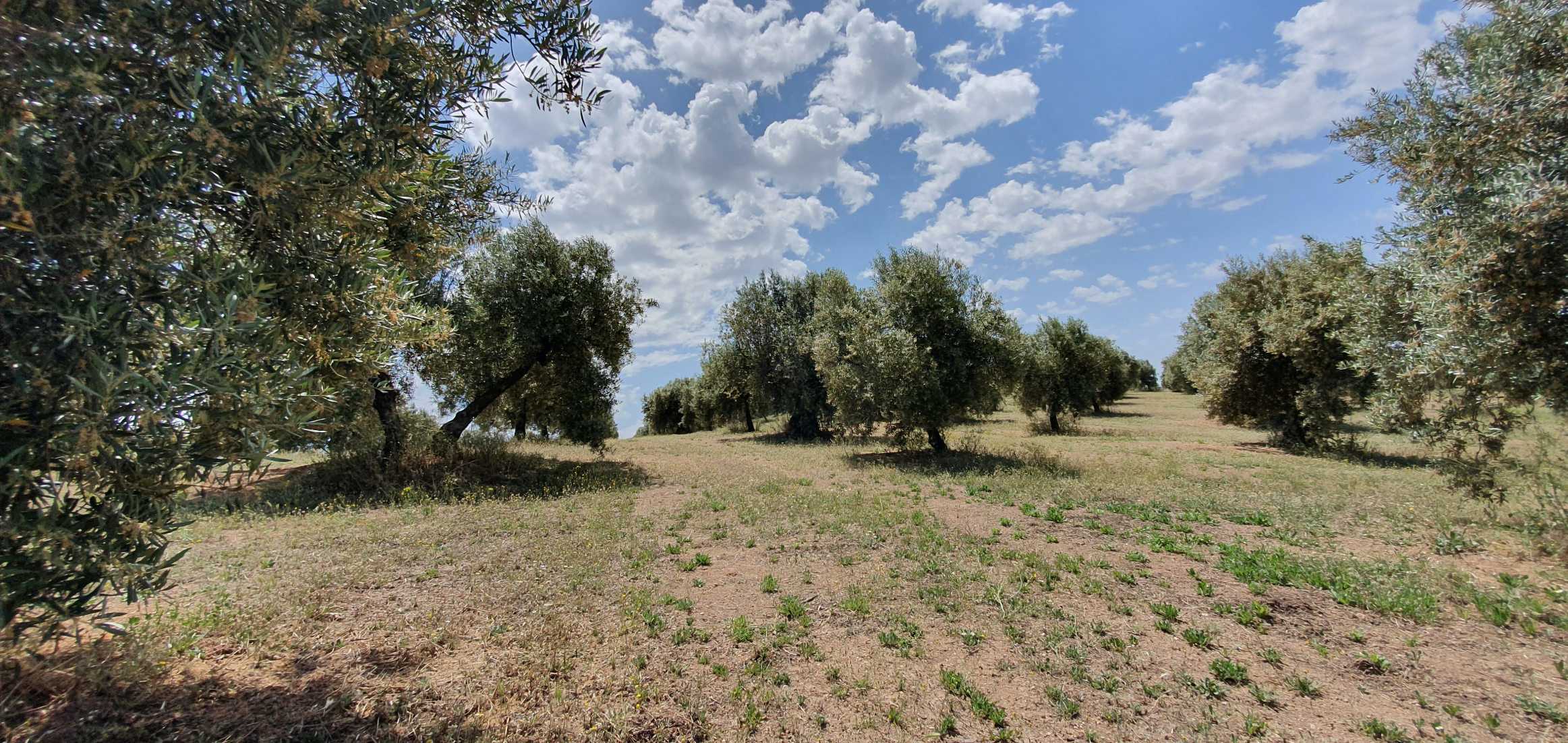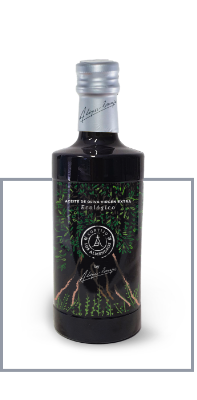
At Finca los Almendros we are passionate and great defenders of organic farming, for this reason we started our blog, clarifying some concepts.
Do you know the difference between an organic olive oil and a conventional one?
Let us explain them to you.- The differences between organic and conventional consist mainly in the way of cultivating and managing the olive grove in the following aspects:
Pest control. In organic farming, the use of pesticides and synthetic pesticides is not allowed and alternative methods must be used, such as physical traps, encouraging the proliferation of natural predators of the pest, use of olive varieties resistant to frequent or endemic pests, or thermal treatments (as used against Verticilium). An approved list of products of natural origin (animal, vegetable, microbial or mineral) may also be used in a restricted manner to combat pests.
Weed control. Like pests, synthetic herbicides are not allowed for weed control. On our farm, herds of sheep or goats graze through the olive grove to eliminate weeds. This has the added advantage of the organic fertilizer itself that they can contribute to the soil. We mow the weeds from the streets and remove the weeds from the feet of the olive trees with manual machinery.
Fertilizers. Organic farming does not allow the fertilization of olive trees with synthetic fertilizers (Urea, Ammonium Nitrate, etc.). Only organic fertilizers can be used, whether they are of animal (manure) or vegetable (compost) origin. In our case, we take advantage of the Alperujo (vegetable water and pomace) from our oil mill to make a compost that we incorporate into the soil after maturing for about a year. From our point of view, this aspect is the most onerous, since the application and extension of the compost is considerably more expensive than introducing urea in the irrigation water or by foliar route.
Is ecological olive oil, biological oil and organic oil the same?
Yes, all these terms refer to the same product made according to the organic farming scheme.
In some countries like Spain, the term “ecological” is used more, while in France “biological” is used more. In Germany both terms are used with the same frequency.
European regulations protect both terms, ecological and biological, and admit the use of “Bio” and “Eco” on their labels.
We emphasize that when we call “Organic olive oil” it is used as a synonym for the previous two but it is not included in the labeling of the standard.
Another adjective that has also been heard lately is “biodynamic”, coming from the world of wine. The only thing we know is that in order to put the biodynamic label on a product, it is a precondition that it be certified as organic.
As you can see, our olive juices are organic olives with organic certification that look to the future of the planet’s sustainability.
Join a healthy and wholesome diet with the olive tradition of Cortijo Los Almendros

